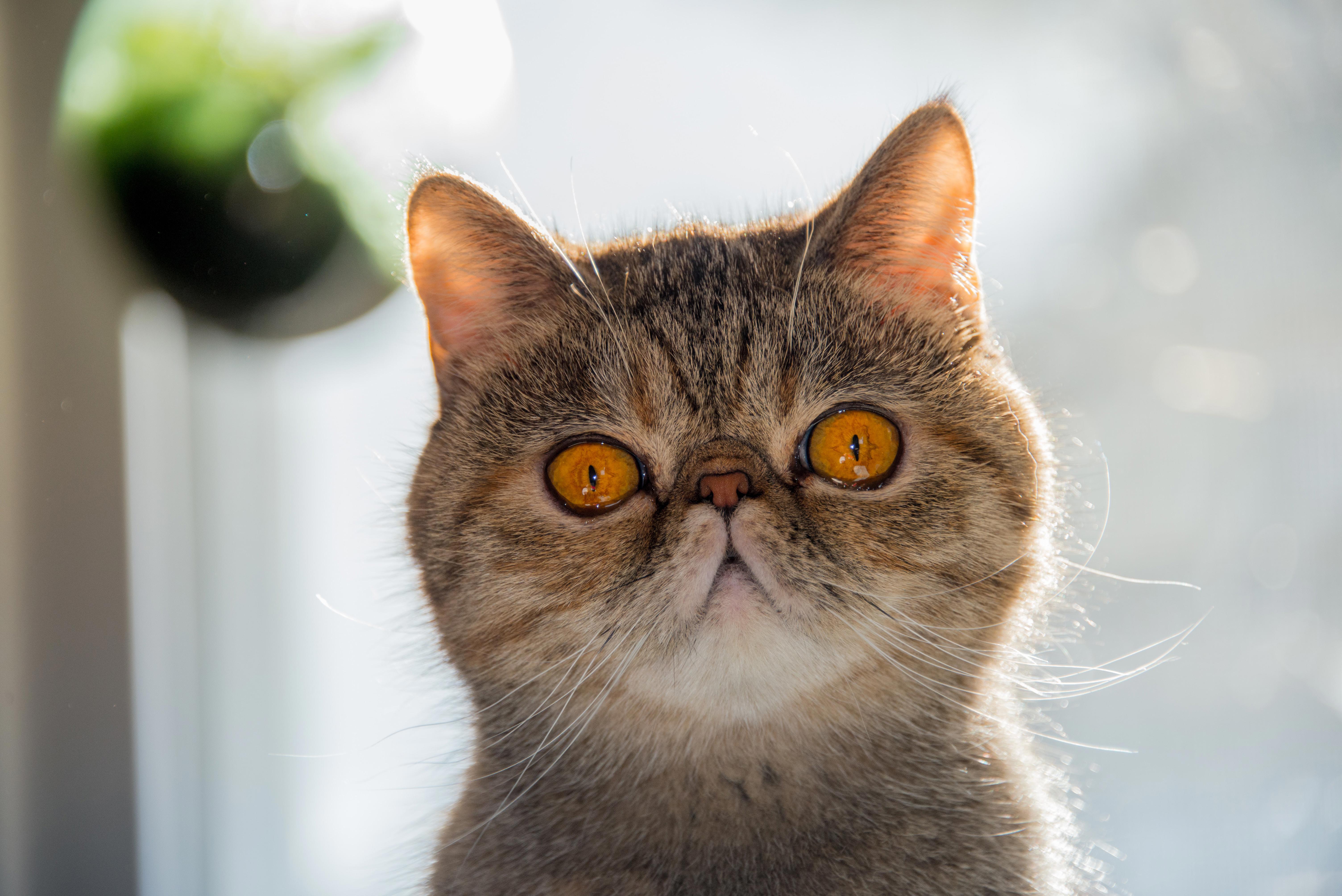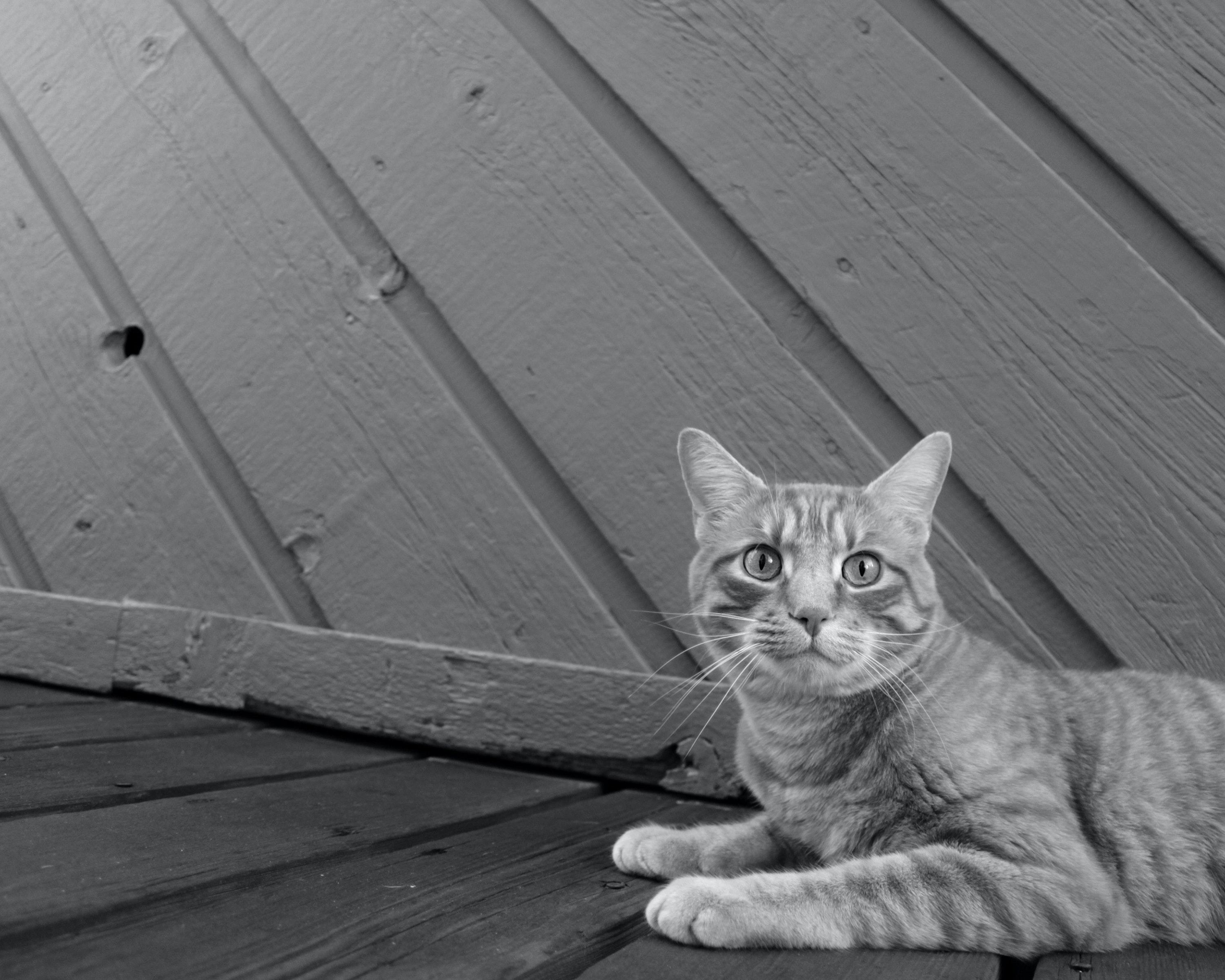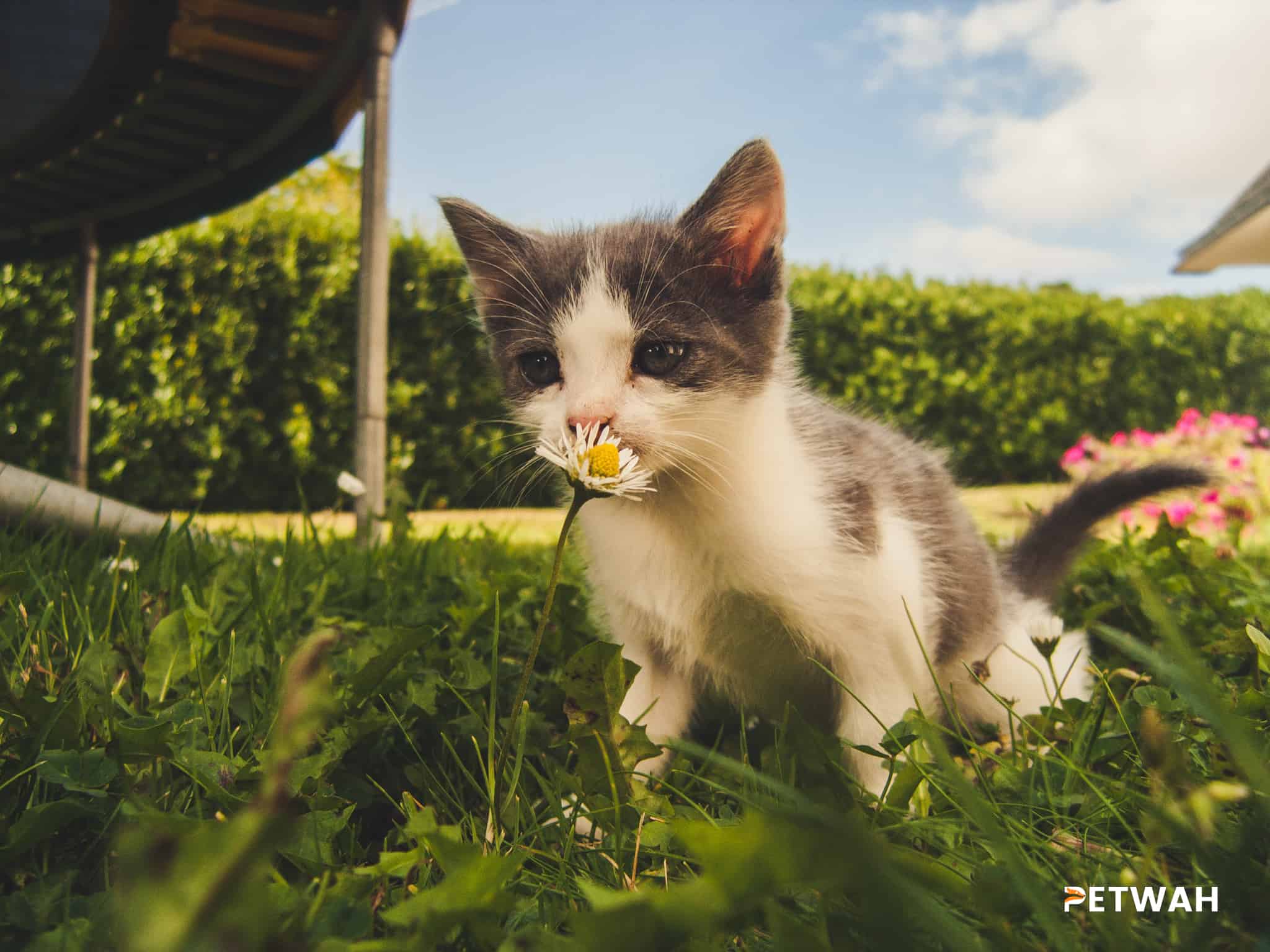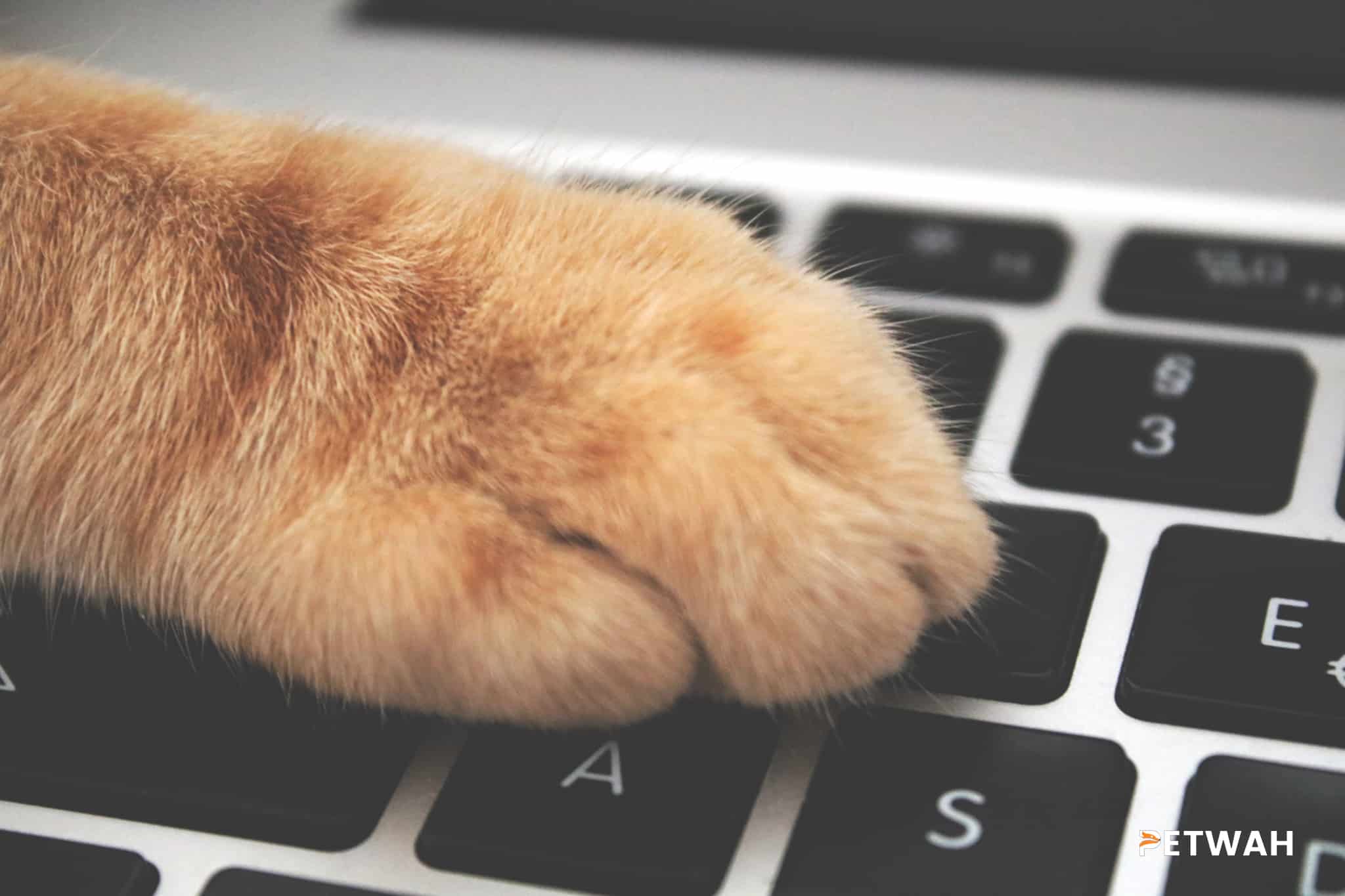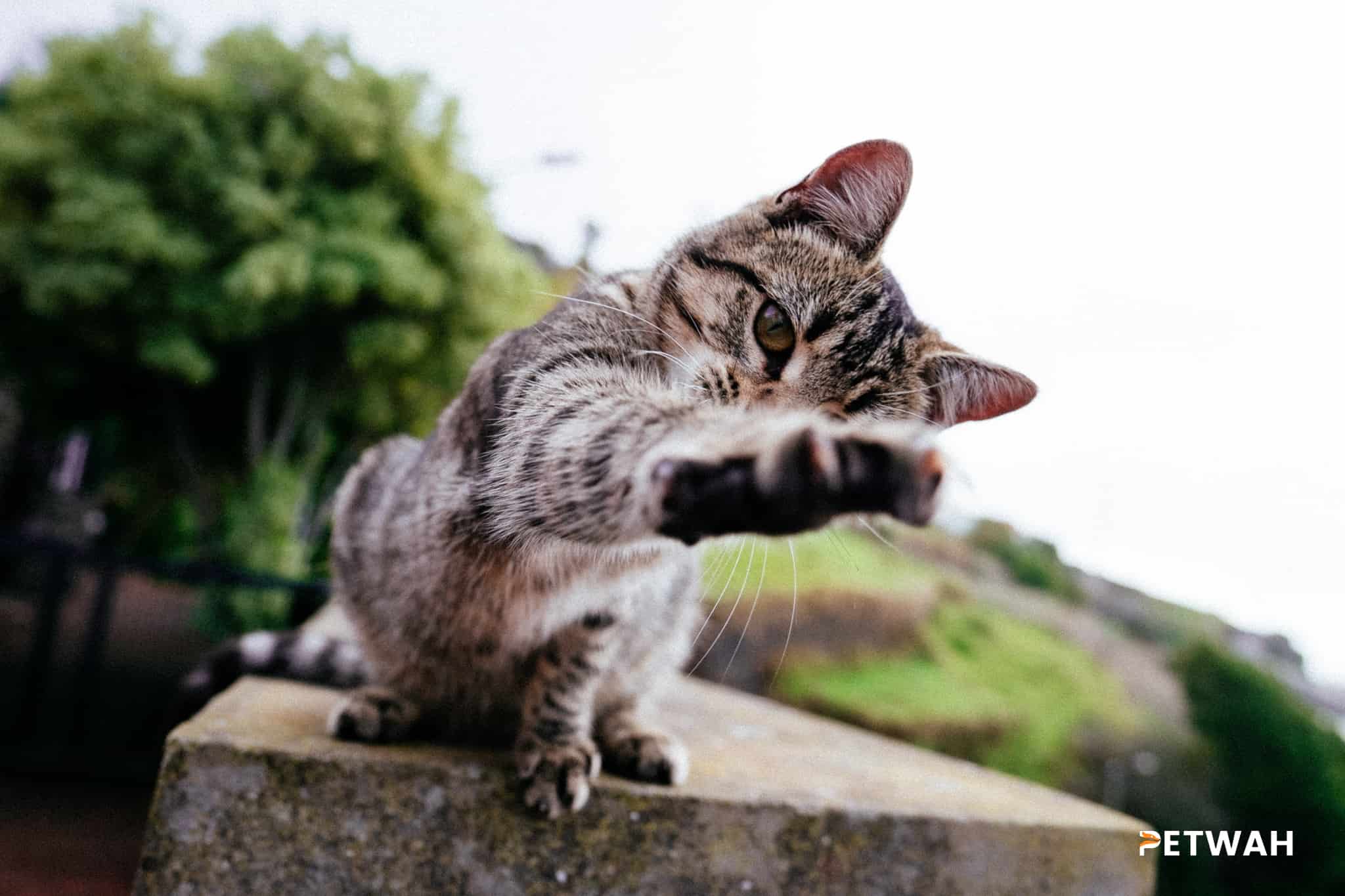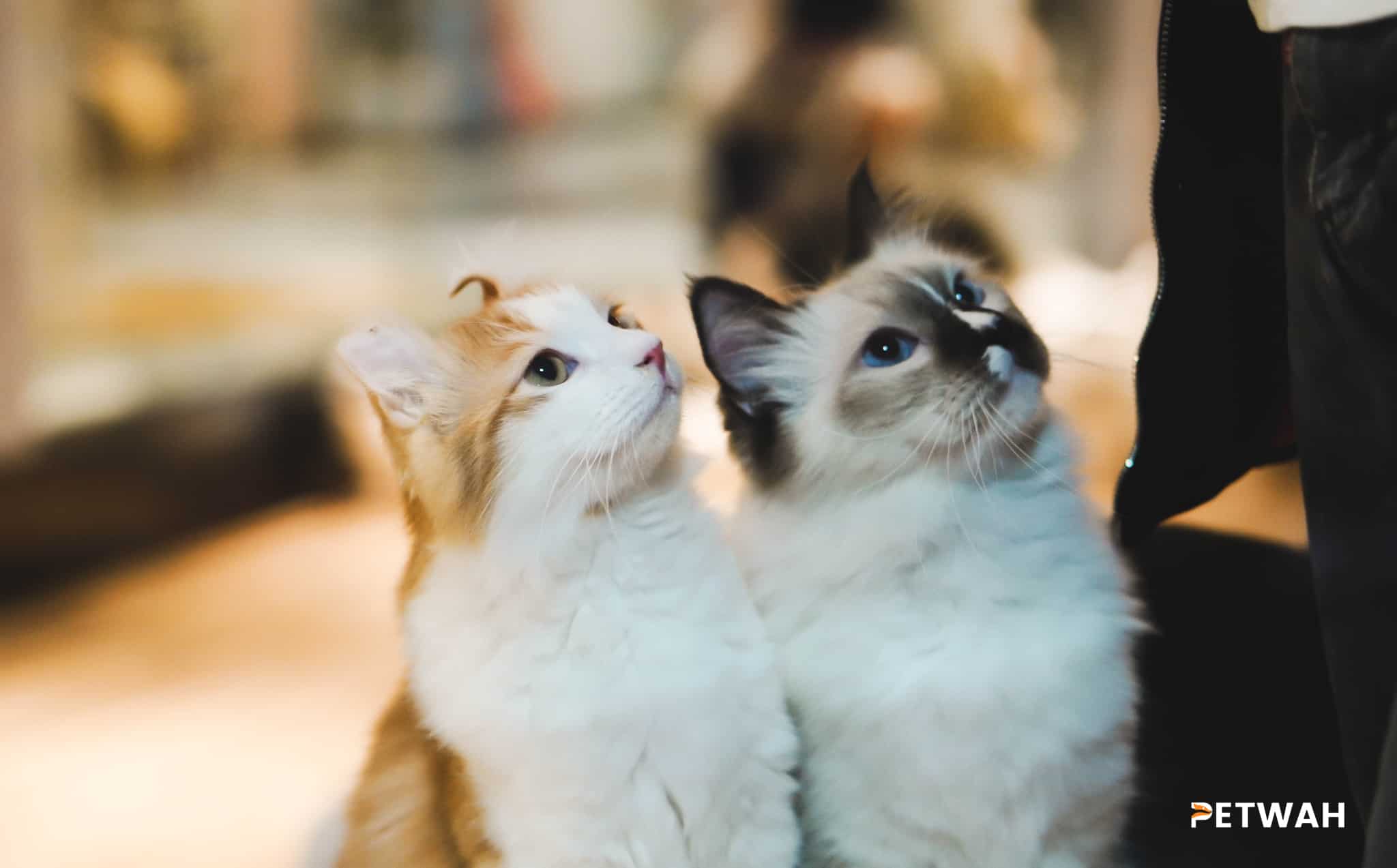As cat lovers, we want our feline friends to live long and healthy lives. However, just like humans, cats age, and their bodies change over time. As your cat gets older, you may start to notice some changes in their behavior, appearance, and overall health. These changes may be subtle at first, but with time, they can become more apparent. In this blog post, we will discuss 10 common signs of aging in cats and how to spot them early. By being aware of these signs, you can take steps to help your cat age gracefully and maintain their quality of life as they grow older.
Cats are adorable creatures and are cherished by many. As they grow older, their bodies undergo various changes that can affect their behavior and health. As a cat owner, it is important to know the signs of aging in cats, in order to provide them with the proper care and attention they require. Here are 10 common signs of aging in cats that you should look out for, in order to spot them early.
1. Changes in Appearance
As your cat ages, you may notice changes in their appearance. Their fur may become thinner and duller, and they may develop age-related skin conditions. They may also have difficulty grooming themselves, which can lead to matted fur or skin infections.
2. Decreased Activity
As cats age, they tend to become less active. They may sleep more often, and their playtime may decrease. This is due to changes in their metabolism and energy levels.
3. Changes in Appetite
Aging cats may experience a decrease in appetite, which can lead to weight loss. Alternatively, they may become more finicky with their food choices. This can lead to malnutrition, which can cause health problems.
4. Changes in Sleep Patterns
As cats age, they tend to sleep more often and for longer periods of time. They may also experience difficulty sleeping due to discomfort or pain caused by age-related health problems.
5. Changes in Behavior
Aging cats may exhibit changes in behavior, such as increased clinginess, irritability, or aggression. They may also become more vocal or develop anxiety or depression.
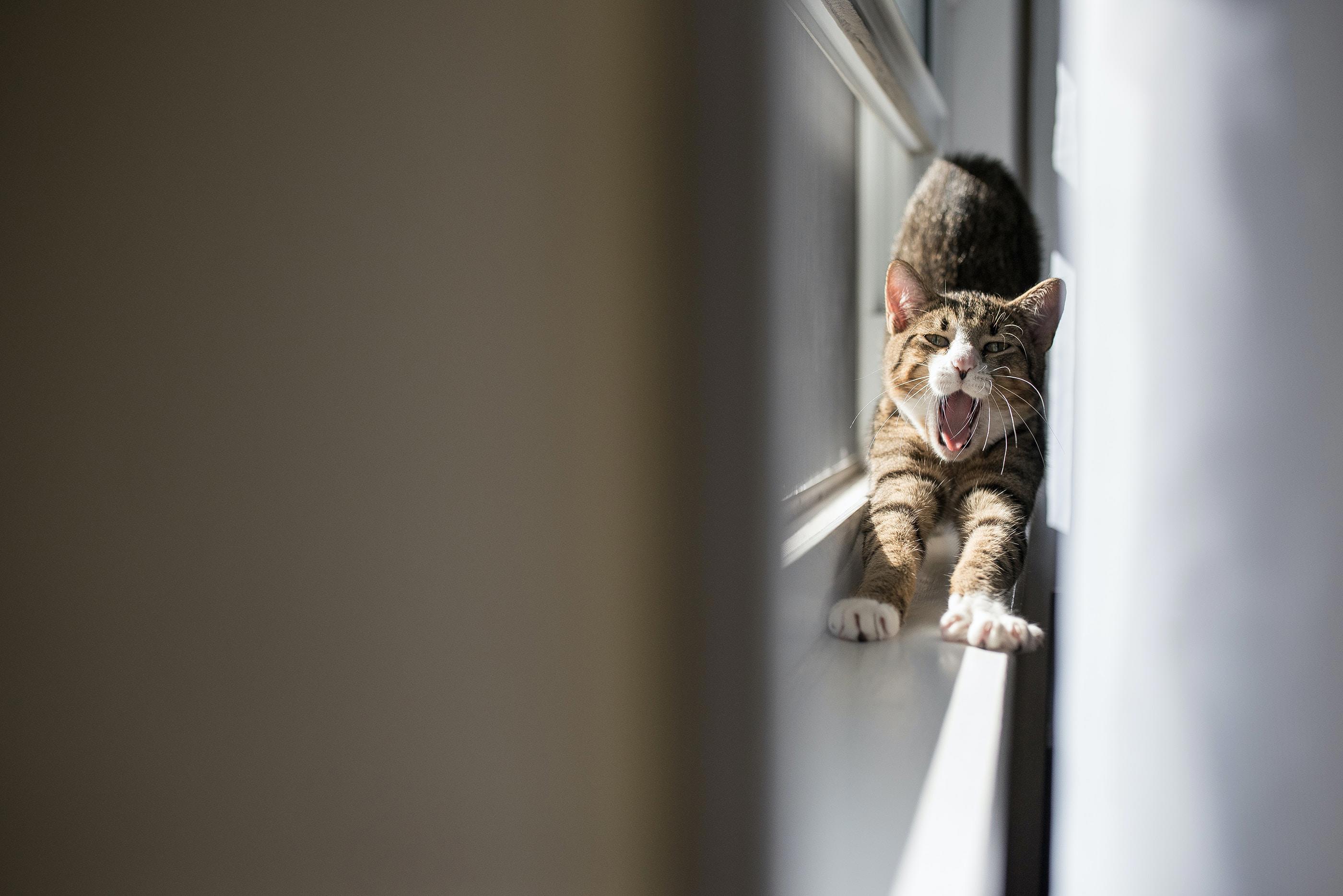
6. Decreased Mobility
As cats age, they may experience decreased mobility due to arthritis or other age-related health problems. They may have difficulty jumping or climbing and may require assistance getting around.
7. Changes in Litter Box Habits
Aging cats may experience changes in their litter box habits. They may have difficulty getting in and out of the litter box, or they may forget to use it altogether. This can be a sign of age-related cognitive decline.
8. Dental Problems
Aging cats are prone to dental problems, such as gum disease and tooth decay. This can lead to pain, difficulty eating, and other health problems.
9. Vision and Hearing Problems
As cats age, they may experience vision and hearing problems. They may become more sensitive to light or have difficulty hearing high-pitched sounds. This can affect their behavior and ability to interact with their environment.
10. Increased Health Problems
As cats age, they become more prone to health problems such as kidney disease, diabetes, and cancer. It is important to monitor your cat’s health and take them for regular checkups with the vet.
In conclusion, cats are wonderful companions and bring joy to our lives. As they age, they require special care and attention to ensure they are comfortable and healthy. By recognizing the signs of aging in cats, you can provide them with the proper care they need to live happy and fulfilling lives.
While aging is a natural process, it can be difficult to watch our beloved furry friends grow old. However, by being aware of the common signs of aging in cats and taking preventative measures, we can help our cats live longer and healthier lives. Keep an eye out for changes in your cat’s behavior, appearance, and energy levels. If you notice any of the signs we’ve discussed, consult with your veterinarian to ensure your cat receives the best possible care. Remember, early detection is key in helping your cat age gracefully and comfortably.


